Introduction
As we step into 2024, the fusion of AI and home automation is transforming our daily routines into experiences straight out of science fiction. From smart kitchens that assist in cooking to learning thermostats optimizing our comfort and energy consumption, AI’s role in home automation is expanding rapidly. This article explores practical uses of AI in home automation, showcasing how this technology is not just a luxury but a cornerstone of modern, efficient living.
Table of Contents
The Rise of AI in Home Automation
Artificial Intelligence (AI) has transcended its nascent stages to become an integral part of home automation systems. By analyzing data and learning from user interactions, AI enhances the functionality and efficiency of smart home devices, offering unprecedented levels of personalization and convenience.
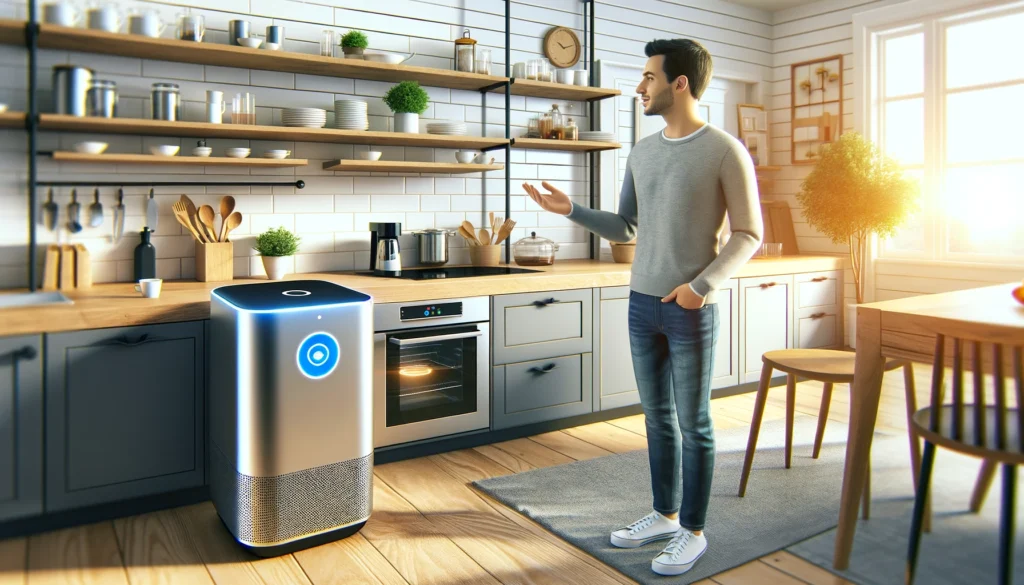
1. AI-Powered Voice Assistants
Voice assistants like Alexa, Google Assistant, and Siri have become household names, acting as the central hub for controlling smart home devices. Through natural language processing and machine learning, these AI assistants can understand and execute complex commands, making home management as simple as speaking into the air.
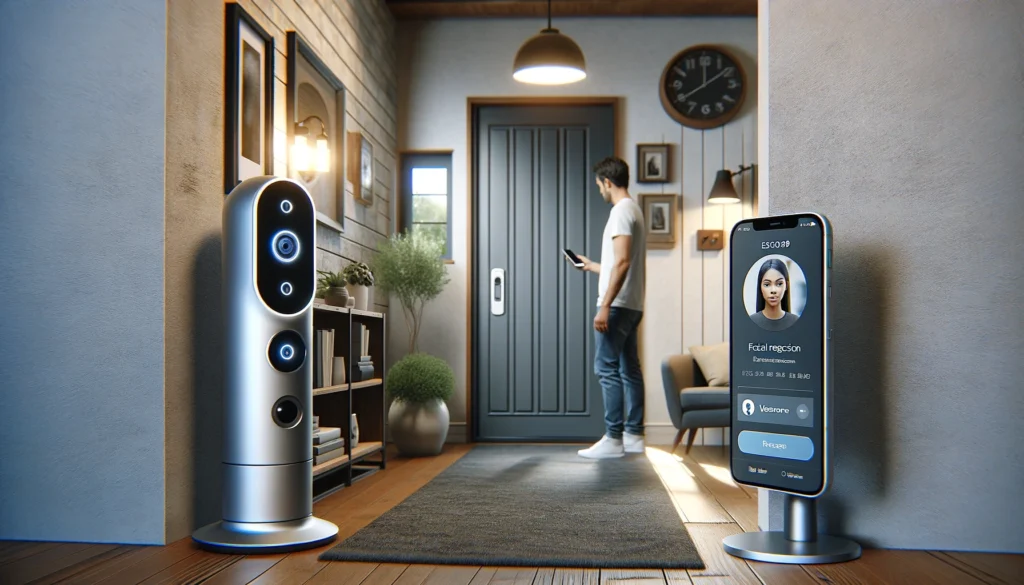
2. Smart Security Systems
AI enhances home security systems with features like facial recognition and unusual activity detection. By learning the normal patterns of a household, AI can alert homeowners to anomalies—such as unknown faces or unexpected movements—via their smartphones, offering peace of mind whether they’re home or away.

3. Energy Management
AI-driven thermostats and lighting systems optimize energy use by learning the occupants’ schedules and preferences, adjusting the settings to balance comfort and energy savings. This not only reduces utility bills but also contributes to a more sustainable planet.
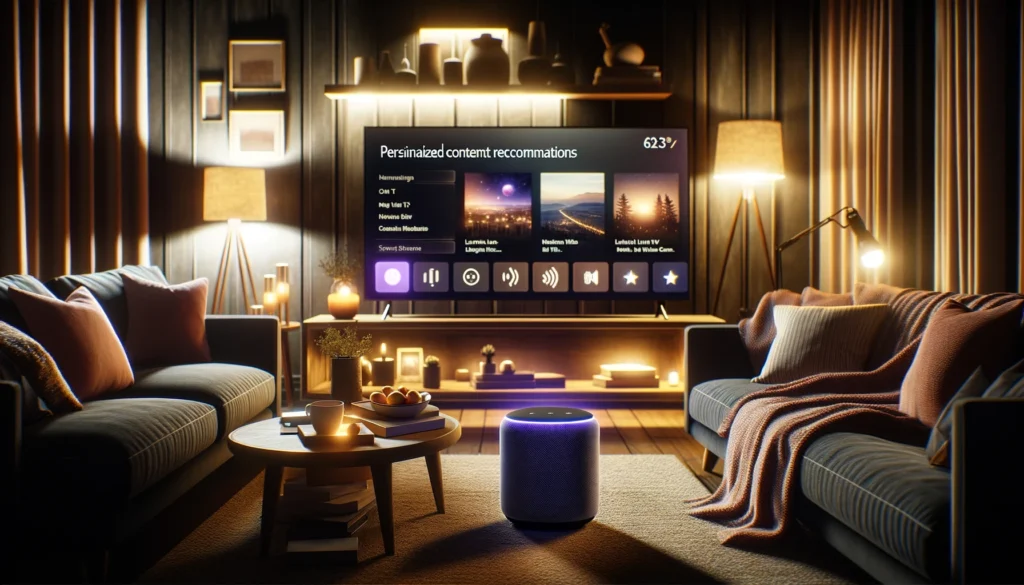
4. Personalized Entertainment
Streaming services use AI to analyze viewing habits, offering personalized content recommendations. Smart speakers can learn from your music preferences to play the right song at the right moment, enhancing your living experience without lifting a finger.
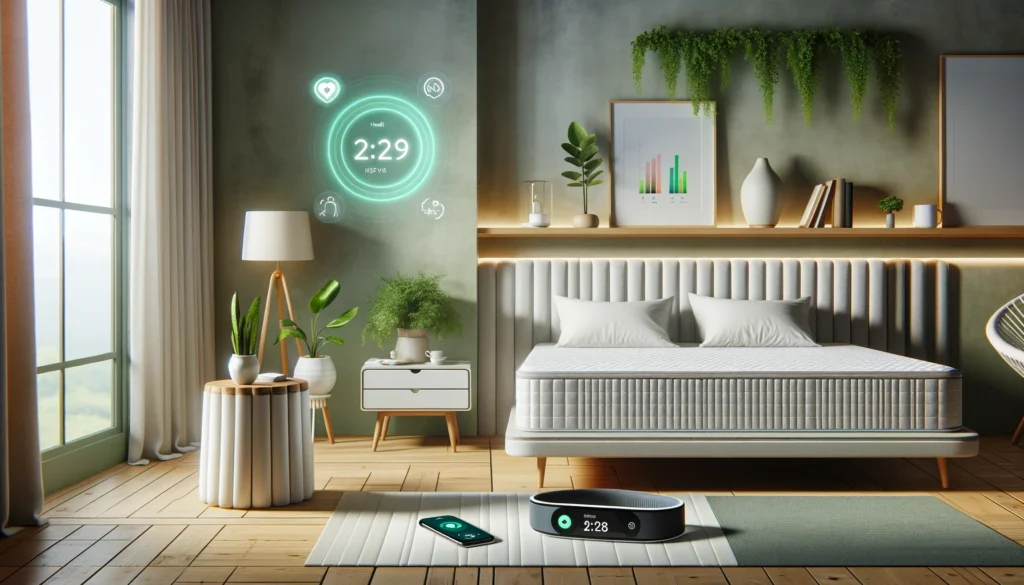
5. Health and Wellness Monitoring
AI-powered gadgets can monitor health metrics, such as air quality and sleep patterns, offering suggestions to improve your well-being. For instance, smart mattresses can adjust their firmness based on your sleep data, ensuring a restful night.
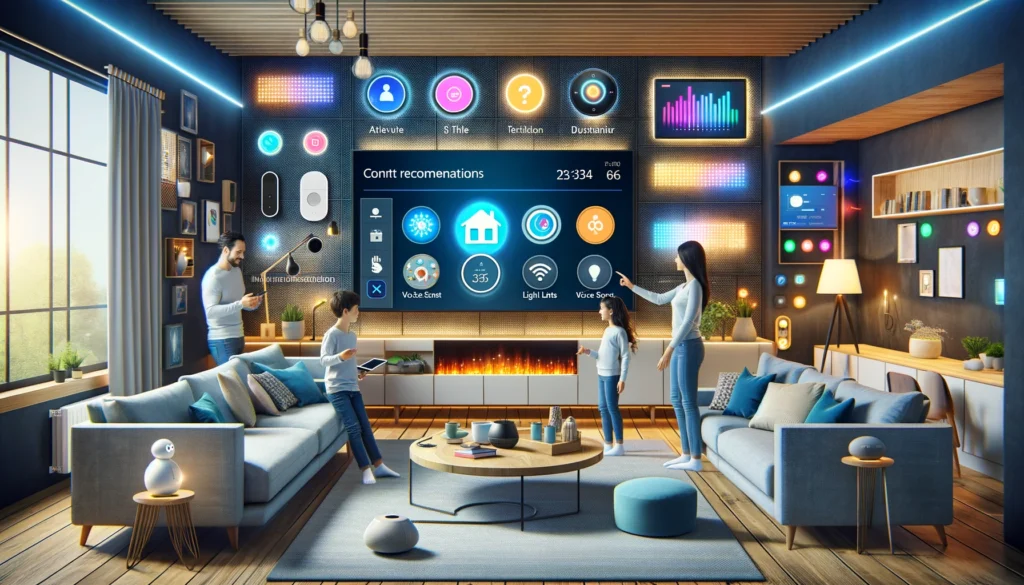
Conclusion
In 2024, AI in home automation is not just about technology; it’s about enhancing quality of life. As AI continues to evolve, its integration into home automation promises to make our daily routines more efficient, secure, and personalized. Embracing these advancements means stepping into a future where our homes understand and cater to our needs in ways we’ve only imagined.

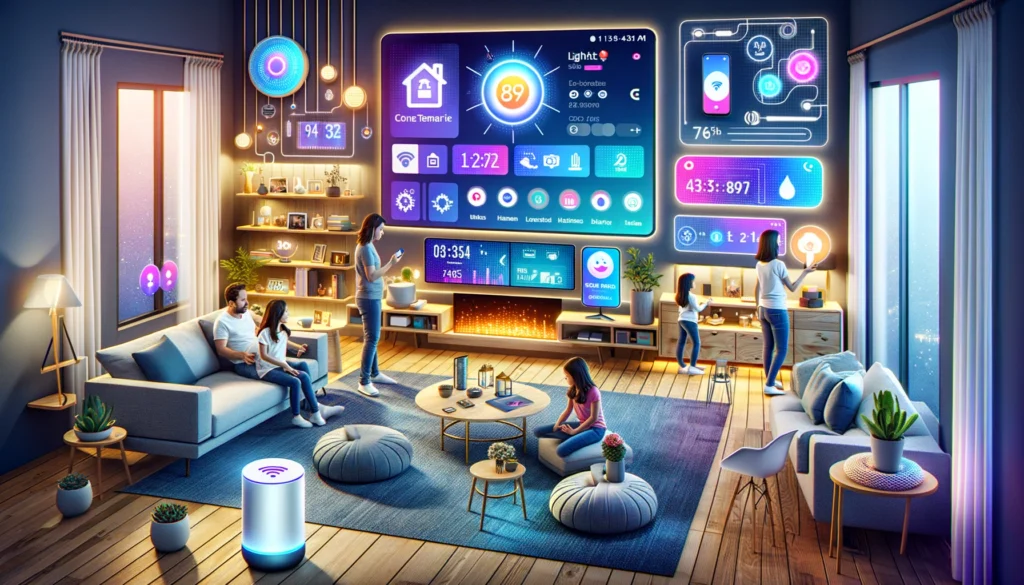
Pingback: Secure Your Smart Home From Hackers - Expert Tips and Tricks